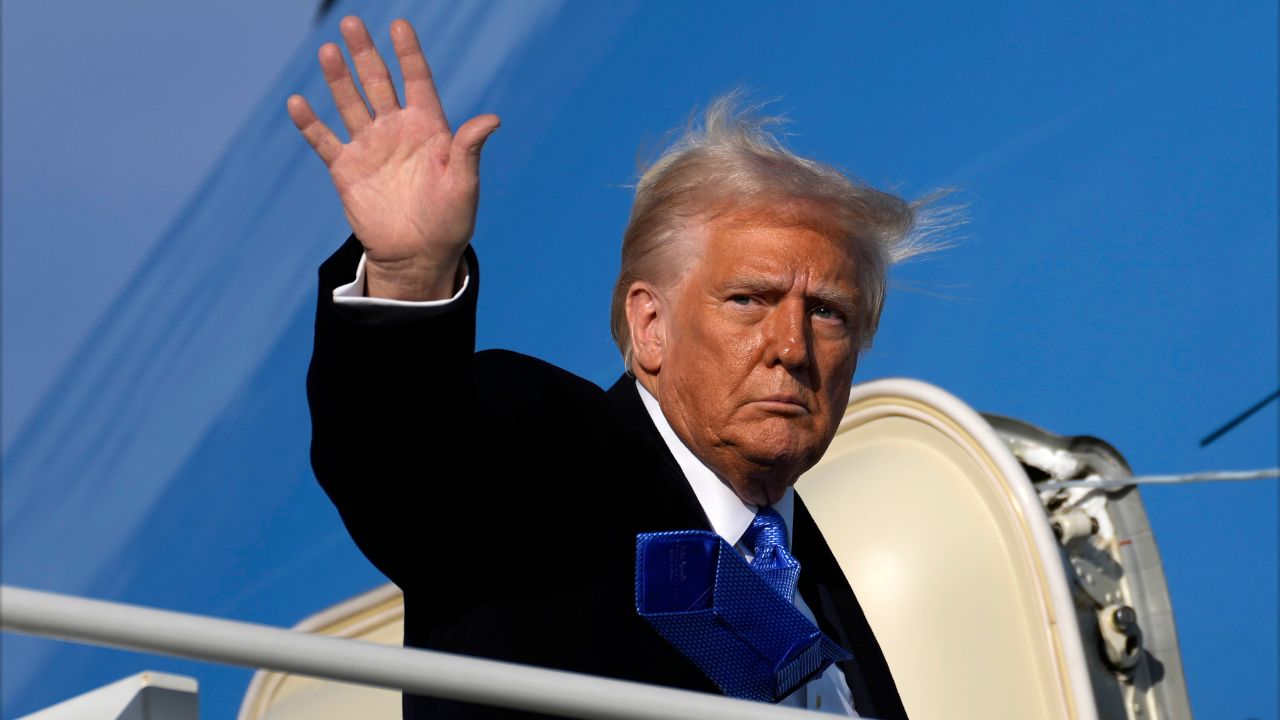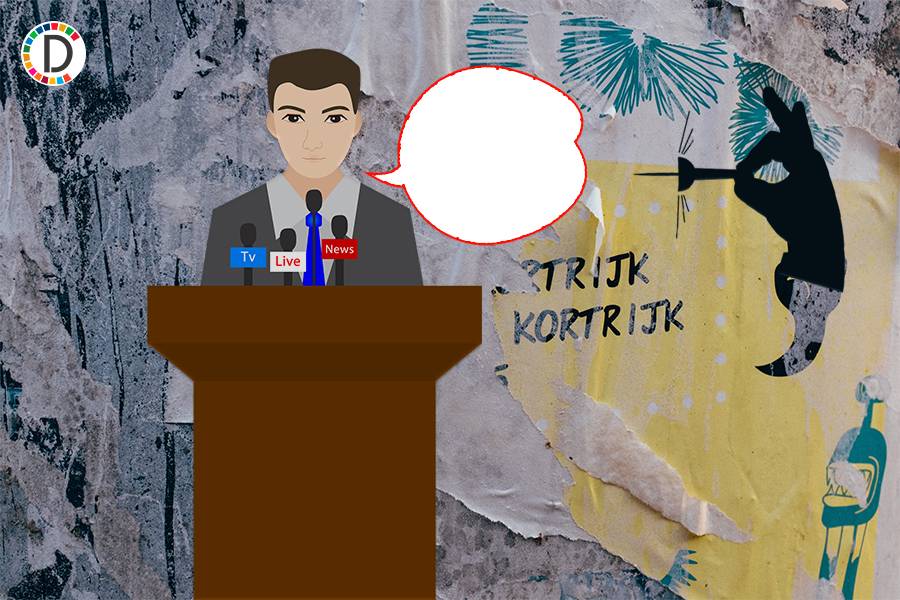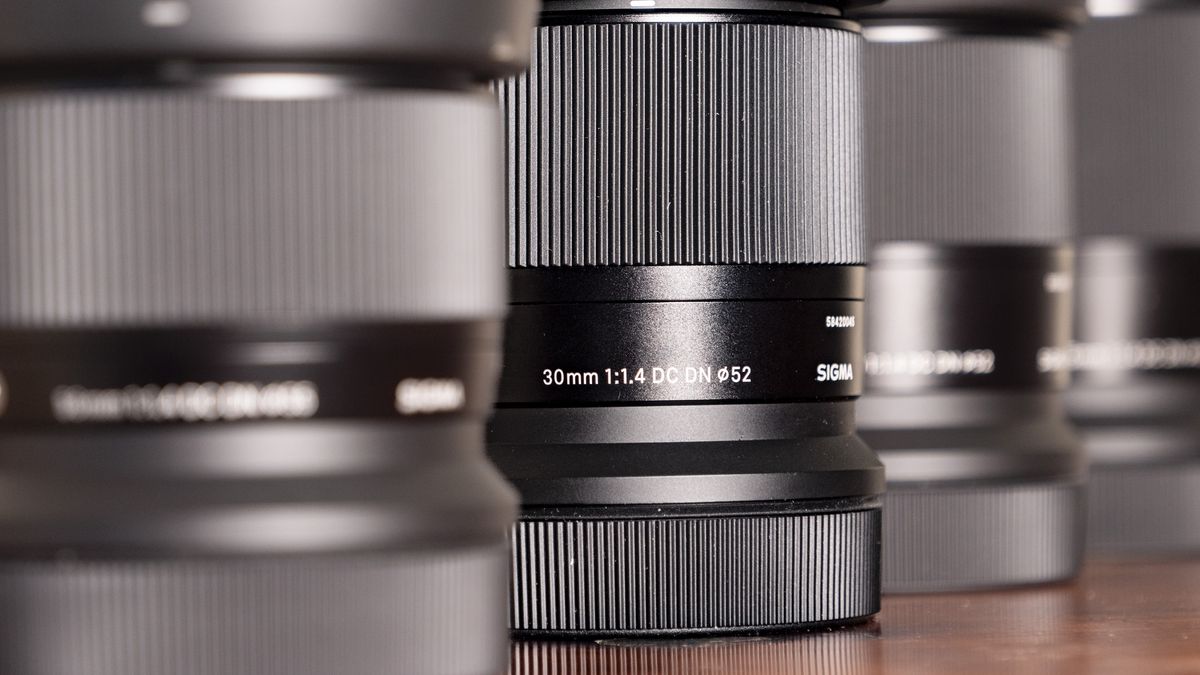
President Donald Trump said he would unveil new tariffs on automobiles, adding to a wave of sweeping import levies as he seeks to remake global trade relationships and pressure companies to move production to the US. “We are going to do that on around April 2,” Trump told reporters Friday in the Oval Office, as he signed an executive order on energy policy. The move is the latest in a rapidly widening trade war as Trump delivers on his campaign pledges to institute sweeping tariffs on US allies and rivals alike.
It comes a day after Trump unveiled his most expansive measure yet, ordering his administration to develop plans for imposing reciprocal tariffs on numerous trading partners, an effort to address what he says is a system that is tilted against the US. The reciprocal levies on nations that have import taxes on US goods could come as soon as April. Those levies are distinct from the sectoral tariffs Trump promised on autos and has threatened against other industries, including energy, semiconductors and pharmaceuticals.

Earlier this week, he also announced plans to slap 25% duties on steel and aluminum imports. Also Read: Trump’s reciprocal tariff announcement is a tactical move, not an immediate threat The auto threat offers to put some of the biggest brands in Japan, Germany and South Korea in Trump’s crosshairs. Imports accounted for roughly half of the US auto market last year.
About 80% of Volkswagen AG’s US sales are imported, while 65% of Hyundai-Kia’s US sales are imported, according to figures from Global Data, a market researcher. Trump on Friday did not provide any details on the scope or rate of the potential auto levies. It is also unclear the impact they would have on vehicles built under a free trade agreement between the US, Canada and Mexico, which Trump renegotiated during his first term.
Auto production supply chains across North America are highly integrated. Industry trade groups have warned of price hikes and supply-chain damage from tariffs, but signaled they would wait and see what specific levies the Trump administration has planned. Autos Drive America, which lobbies for foreign-owned carmakers, had no immediate comment and the American Automotive Policy Council, which speaks on behalf of Detroit’s automakers, did not immediately respond to a request for comment.
Also Read: India’s semiconductor boom: Will Trump 2.0 disrupt the momentum? Shares of General Motors Co. and Ford Motor Co.
, both of which have major manufacturing operations throughout North America, were little changed in late trading Friday. America’s northern and southern neighbors, both major trading partners, are already facing a threatened 25% tariff on imports that Trump announced — and then paused until March — in a bid to extract concessions from Mexico and Canada over border security, one of his top priorities. Ford’s Chief Executive Officer Jim Farley earlier this week warned that those duties alone would “blow a hole in the US industry that we have never seen.
” Trump has used tariffs to extract policy concessions from other nations on immigration and the flow of illegal drugs. And he has highlighted tariffs as a tool that he says will convince companies to move production to the US. On the campaign trail, he mused that he wanted German car companies to become American corporations, a lofty goal that is unlikely to come to fruition because of trade barriers.
The US Environmental Protection Agency also will take initial steps to reject a Clean Air Act waiver authorizing California’s state regulations that compel the sale of zero-emission vehicles, ultimately banning the sale of conventional, gasoline-powered cars in 2035. EPA Administrator Lee Zeldin, flanking Trump in the Oval Office, said a waiver authorizing those Californian standards would be submitted to Congress for review. That move will open an opportunity for Congress to target the waiver for expedited repeal under the Congressional Review Act.
.















